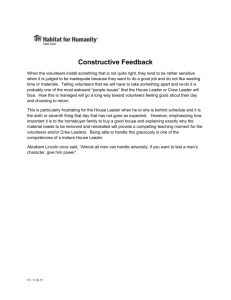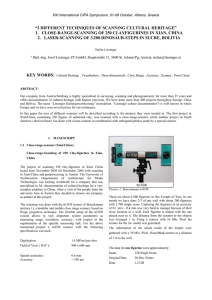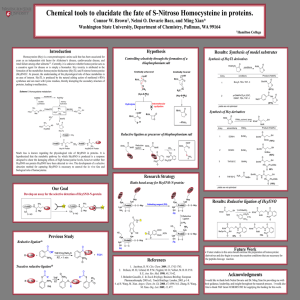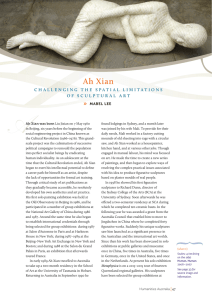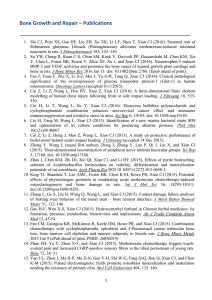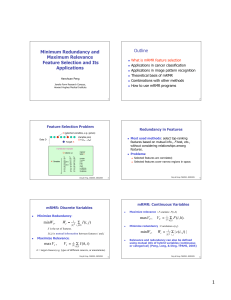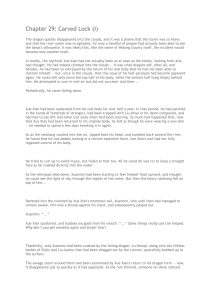Questions for Student Discussion on China
advertisement
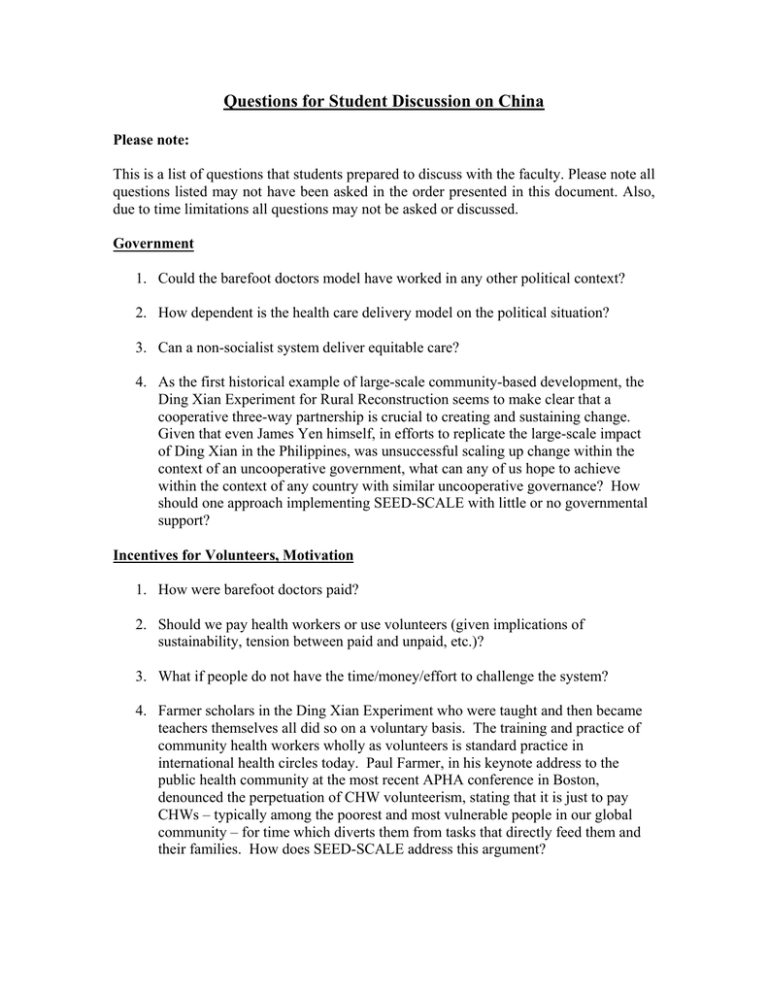
Questions for Student Discussion on China Please note: This is a list of questions that students prepared to discuss with the faculty. Please note all questions listed may not have been asked in the order presented in this document. Also, due to time limitations all questions may not be asked or discussed. Government 1. Could the barefoot doctors model have worked in any other political context? 2. How dependent is the health care delivery model on the political situation? 3. Can a non-socialist system deliver equitable care? 4. As the first historical example of large-scale community-based development, the Ding Xian Experiment for Rural Reconstruction seems to make clear that a cooperative three-way partnership is crucial to creating and sustaining change. Given that even James Yen himself, in efforts to replicate the large-scale impact of Ding Xian in the Philippines, was unsuccessful scaling up change within the context of an uncooperative government, what can any of us hope to achieve within the context of any country with similar uncooperative governance? How should one approach implementing SEED-SCALE with little or no governmental support? Incentives for Volunteers, Motivation 1. How were barefoot doctors paid? 2. Should we pay health workers or use volunteers (given implications of sustainability, tension between paid and unpaid, etc.)? 3. What if people do not have the time/money/effort to challenge the system? 4. Farmer scholars in the Ding Xian Experiment who were taught and then became teachers themselves all did so on a voluntary basis. The training and practice of community health workers wholly as volunteers is standard practice in international health circles today. Paul Farmer, in his keynote address to the public health community at the most recent APHA conference in Boston, denounced the perpetuation of CHW volunteerism, stating that it is just to pay CHWs – typically among the poorest and most vulnerable people in our global community – for time which diverts them from tasks that directly feed them and their families. How does SEED-SCALE address this argument?
